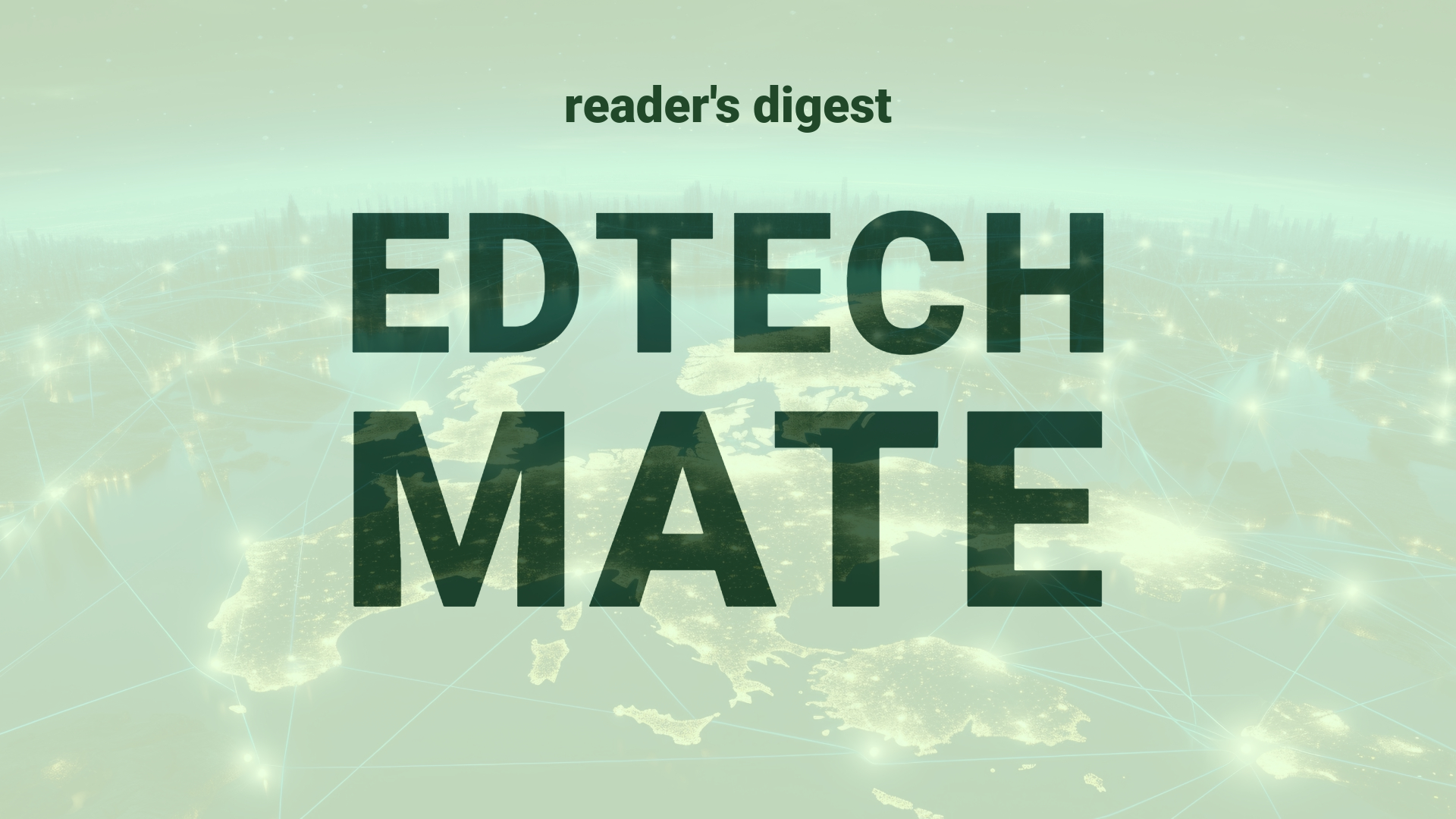Executive Summary and Main Points
Leadership efficacy in team management is crucial to the overall performance and innovation within an organization. Leadership coach Melanie Parish, author of The Experimental Leader: Be a New Kind of Boss to Cultivate an Organization of Innovators, addresses the challenges leaders face while managing dynamic team environments. Central themes explored in her discussions include self-assessment of leadership impact, effective management of difficult personalities, enhancing team productivity, conflict resolution, and improving team morale. Parish offers case studies and strategic advice through her book and the Dear HBR podcast series, which are pivotal resources for leadership development within the global higher education landscape, reflecting a commitment to continual, agile transformation in organizational culture.
Potential Impact in the Education Sector
The insights from Melanie Parish have the potential to transform Further Education and Higher Education institutions by empowering leaders to become agents of innovation. Leaders embracing self-evaluative practices can enhance decision-making, foster participatory cultures, and lead to stronger, more adaptive strategic partnerships. The application of such leadership dynamics can further influence the structure and delivery of Micro-credentials, promoting digitalized, learner-centered experiences that meet the evolving demands of the global job market.
Potential Applicability in the Education Sector
The methodologies advocated by Parish, such as experimental leadership, have direct applicability in guiding the adoption and integration of AI and digital tools within global education systems. These approaches may inform the pedagogical strategies and administrative processes, from personalized learning pathways enhanced by AI, to data-driven decision-making frameworks that align with global educational standards and the ethos of continuous improvement and inclusivity.
Criticism and Potential Shortfalls
While Parish’s leadership philosophies offer substantial improvements, they may encounter challenges such as resistance to change, cultural barriers, and ethical considerations in the implementation of AI and technological advancements. Comparative international case studies reveal a varied success rate, with leadership practices requiring contextual adaptations to respect diverse institutional and cultural norms. There is also a need for ongoing dialogue regarding the ethical use of AI and the privacy of student data within the educational context.
Actionable Recommendations
Education leaders should engage with Parish’s frameworks by incorporating experimental leadership training into professional development programs. Additionally, establishing a culture of open communication and continuous feedback can be conducive to evolving leadership roles. Strategic insights for international education leadership may include fostering collaboration with edtech companies to customize AI tools for local contexts, ensuring that digital transformation aligns with institutional values and goals, and actively pursuing global partnerships that support innovative leadership in the ever-changing landscape of higher education.
Source article: https://hbr.org/podcast/2024/05/is-your-team-keeping-you-up-at-night

